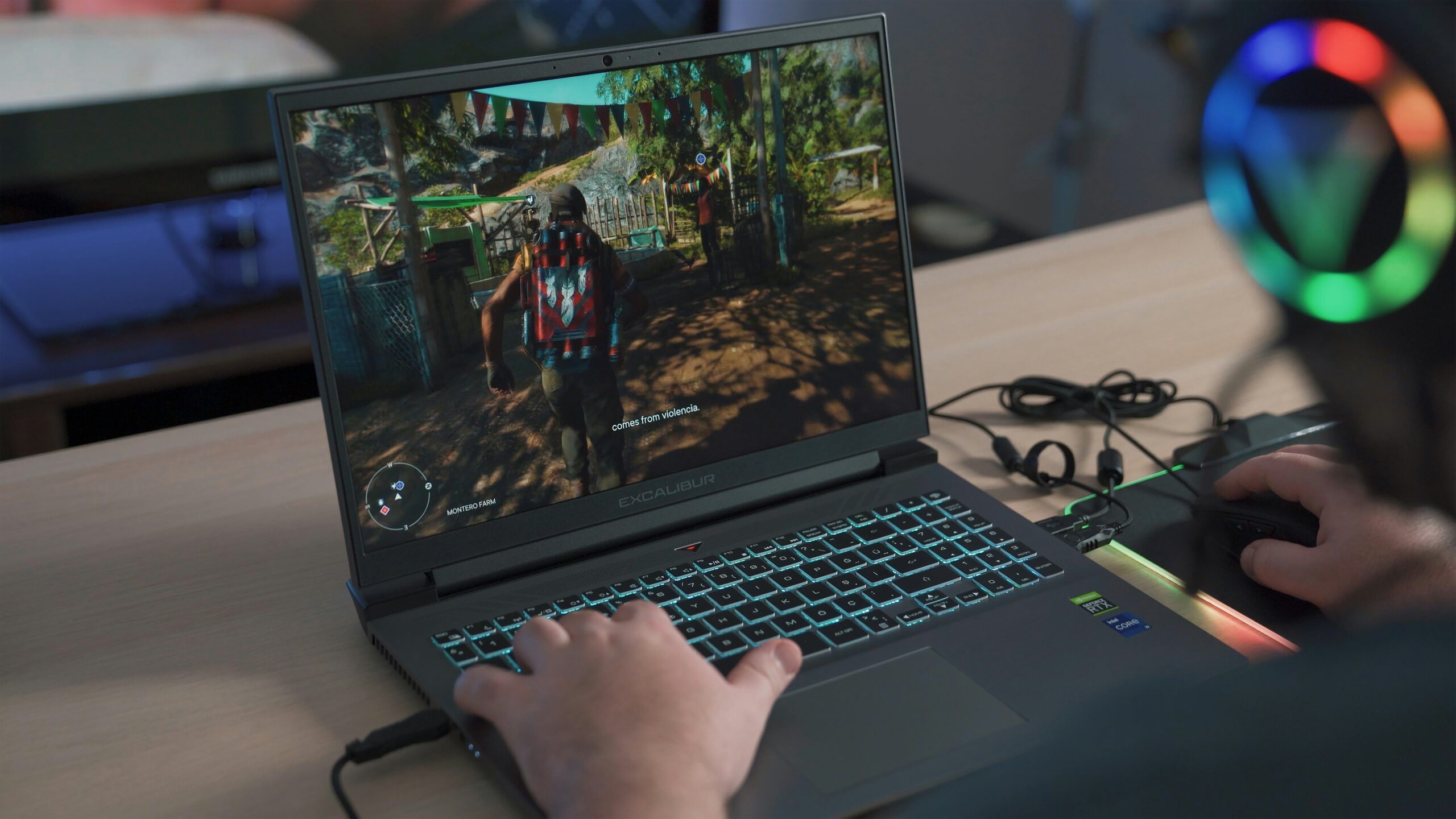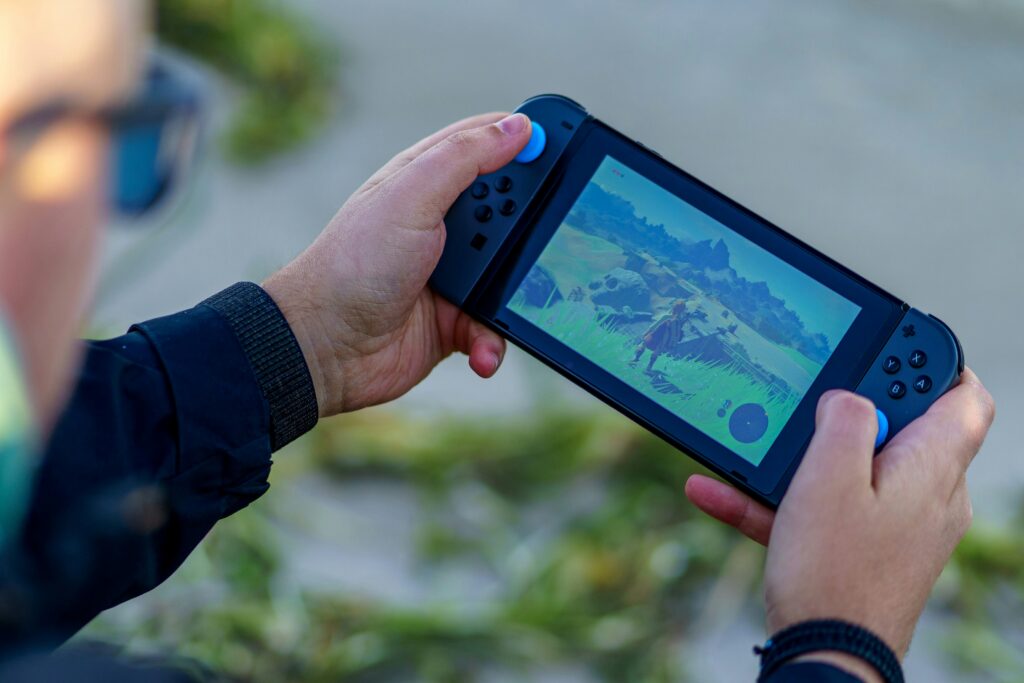Role-playing games (RPGs) have long been a beloved genre for gamers, offering immersive worlds, complex characters, and the opportunity to create unique stories. With the rise of online platforms, RPGs have evolved into collaborative storytelling experiences where players shape the narrative through their choices, interactions, and creativity. This article explores how online RPGs empower players to craft their own adventures, showcasing the magic of this dynamic gaming genre.
What Are Online Role-Playing Games?
Online RPGs are games where players assume the roles of characters in fictional worlds, often interacting with other players in real time. These games may be set in fantasy realms, futuristic galaxies, or even historical settings, offering endless possibilities for adventure and storytelling.
Players engage in quests, battles, and decision-making, but what sets RPGs apart is their emphasis on character development and narrative depth. Popular online RPG formats include:
- Massively Multiplayer Online Role-Playing Games (MMORPGs): Games like World of Warcraft or Final Fantasy XIV, where thousands of players share the same virtual world.
- Text-Based Role-Playing: Collaborative storytelling using written descriptions and dialogue, often found in forums or chat-based platforms.
- Tabletop-Inspired Online RPGs: Digital adaptations of tabletop games like Dungeons & Dragons, using virtual tools to simulate the experience.
These formats allow players to weave their own stories within the framework of the game, blurring the line between gaming and creative writing.

The Power of Player Choice
One of the defining features of RPGs is the emphasis on player choice. Unlike linear games with fixed narratives, RPGs give players the freedom to make decisions that influence the story. This could involve:
- Character Creation: Players design their avatars, choosing everything from appearance to personality traits. This customization sets the tone for the character’s journey.
- Dialogue Options: Many RPGs offer branching dialogue trees, allowing players to shape conversations and relationships.
- Moral Decisions: Choices in RPGs often carry ethical weight, challenging players to consider the consequences of their actions.
For example, in games like The Elder Scrolls Online, a player’s decisions can determine the fate of entire kingdoms. This level of agency makes every playthrough unique, as players forge their own paths and outcomes.
Collaborative Storytelling in Online RPGs
Online RPGs bring an added layer of excitement by enabling collaboration between players. In these games, the story isn’t just shaped by individual choices but also by interactions with others. This creates a dynamic, ever-evolving narrative.
1. Guilds and Parties
Many MMORPGs encourage players to form guilds or parties, groups of adventurers who band together to complete quests. These groups often develop their own subplots, roles, and dynamics. A guild might create a backstory for their members, turning their adventures into a shared epic.
2. Role-Playing Communities
Some players take role-playing to the next level by joining dedicated communities where storytelling is the main focus. They create detailed character profiles, write dialogue in real-time, and even organize events like in-game weddings or political intrigue.
3. Player-Driven Events
In online RPGs, players often organize events that add depth to the world. For example, a group might host a market day in a fantasy city, complete with vendors and entertainment. These events enrich the game’s lore and give participants a chance to explore new storylines.
Improve and Creativity in RPGs
The improvisational nature of online RPGs allows players to unleash their creativity. Unlike scripted games, RPGs encourage spontaneous decision-making and storytelling. This can lead to unexpected twists, humorous moments, or deeply emotional scenes.
Character Backstories
Many players invest time in crafting elaborate backstories for their characters. These stories provide a foundation for role-playing and often influence how other players perceive and interact with them. For instance, a rogue with a tragic past might approach quests differently than a cheerful bard.
Custom Content
Some games allow players to create custom content, such as maps, items, or quests. This feature enables players to share their creative vision with others, adding a personal touch to the game world.
Improvised Scenes
In text-based or tabletop-style RPGs, players often engage in improvised storytelling. A single sentence from one player can spark a cascade of events, leading to memorable and unpredictable adventures.
Community and Connection
Online RPGs foster a strong sense of community. The collaborative nature of these games encourages players to form friendships, alliances, and rivalries that extend beyond the screen.
Shared Adventures
Working together to defeat a powerful enemy or solve a tricky puzzle creates a sense of camaraderie. These shared experiences often become the highlight of a player’s journey.
Supportive Environments
Many RPG communities are welcoming spaces where players can express themselves creatively. Whether sharing fan art, writing character journals, or simply chatting about game lore, these interactions build lasting connections.
Cultural Exchange
Because online RPGs attract players from around the world, they also serve as a platform for cultural exchange. Players learn about different perspectives, traditions, and storytelling styles, enriching their own narratives.
The Challenges of Online Role-Playing
While online RPGs offer incredible opportunities for storytelling, they also come with challenges. These include:
- Conflict Management: Disagreements between players can arise, especially in collaborative storytelling environments. Respect and communication are key to resolving conflicts.
- Time Commitment: Developing a compelling story or completing complex quests requires time and dedication.
- Balancing Gameplay and Role-Playing: Some players prioritize winning or leveling up over storytelling, which can lead to tension in role-playing-focused groups.
Despite these challenges, the rewards of creating a unique story with others often outweigh the difficulties.
Why Players Love Online RPGs
The appeal of online RPGs lies in their ability to transport players to new worlds and let them live out their fantasies. Whether playing as a fearless warrior, a cunning mage, or a quirky merchant, players can step into roles that reflect or contrast with their real-life selves.
RPGs also provide a safe space for self-expression. Players can experiment with identities, explore different moral perspectives, and test their creativity in ways that feel meaningful and empowering.

The Future of Online RPGs
As technology continues to advance, the future of online RPGs holds exciting possibilities. Enhanced graphics, virtual reality, and AI-driven narratives could make these games even more immersive. Developers are also exploring ways to give players even greater control over their stories, such as tools for creating personalized quests or worlds.
Moreover, the popularity of streaming platforms like Twitch has brought online RPGs to a wider audience. Watching others play and role-play has become a form of entertainment in its own right, inspiring new players to join the fun.
Online role-playing games are more than just games—they’re a platform for creativity, connection, and storytelling. By giving players the tools to craft their own narratives and collaborate with others, these games unlock the limitless potential of imagination. Whether you’re a seasoned adventurer or a curious newcomer, the world of online RPGs invites you to dive in and create a story that’s uniquely yours.



